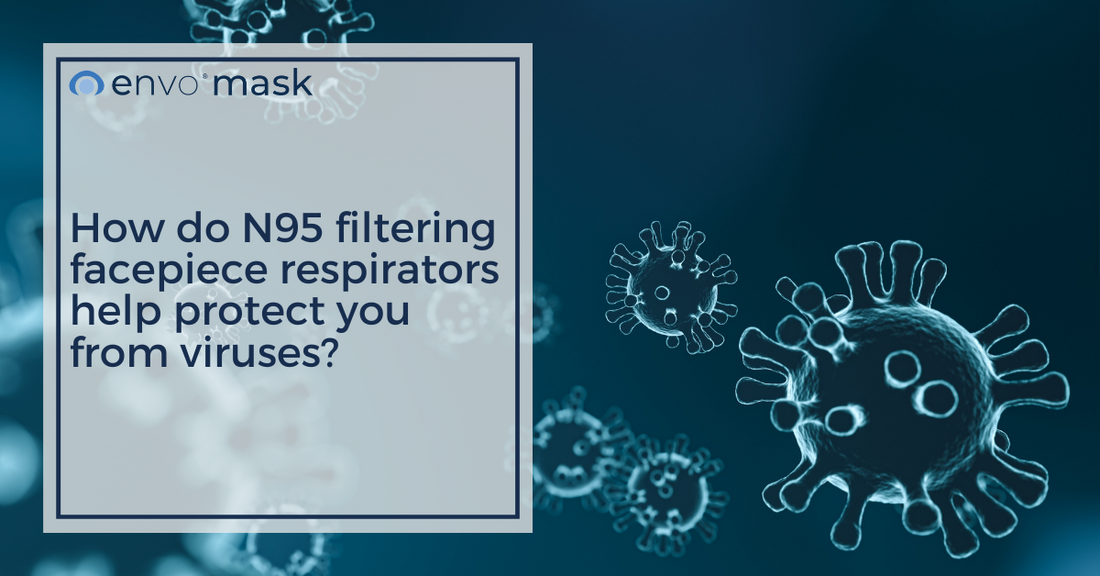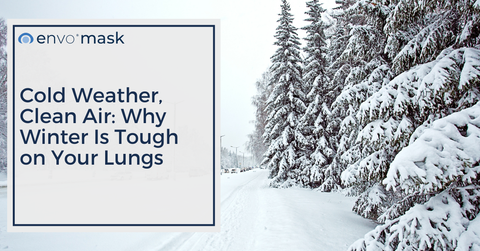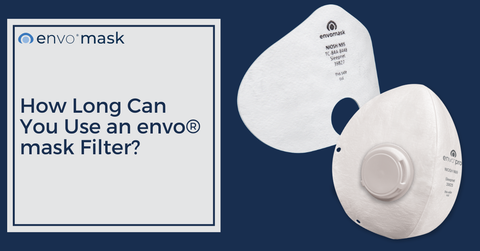articles
How do N95 filtering facepiece respirators help protect you from viruses?

So how exactly does an N95 respirator help safeguard you from viruses like COVID-19? How can you use this type of personal protective equipment (PPE) for defense against virus-laden aerosols and particles?
Take a moment to imagine the scenarios outlined below:
Registered Nurse
A registered nurse is preparing for a 12-hour shift in a COVID-19 unit at a local healthcare facility. Throughout his shift, he will care for patients in critical condition and infected with the Omicron variant. To protect himself, he wears an N95 respirator throughout his shift.
Dental Practice
The owner of a dental group employs a 10-person workforce complete with administrative staff members, dentists, and dental hygienists. At the height of influenza season, this small business owner is seeking a mechanism to help safeguard her employees and patients alike from contracting this type of viral infection. To avoid worker shortages, she provides N95 filtering facepiece respirators to her workforce to prevent sickness related to the flu.
Hospital Administration
Administrators at a regional hospital are placing an order for PPE. They are working to ensure that they have adequate supplies to help safeguard all employees—from hospital cleaners to doctors—from certain types of airborne viruses. They purchase N95 filtering facepiece respirators for their entire staff to help prevent viral infections.
In each of these scenarios, N95 respirators are a type of PPE that will help protect the respective individuals, small business owner, and institution while facilitating the safe delivery of care.
More from the CDC
According to the Centers for Disease Control and Prevention (CDC), “When worn consistently and properly, they [N95 respirators] provide the highest level of protection from particles, including the virus that causes COVID-19. Additionally, they contain your respiratory droplets and particles so you do not expose others.”
The CDC explains, “The filters used in…respirators are considered “fibrous” in nature—constructed from flat, nonwoven mats of fine fibers. Fiber diameter, porosity (the ratio of open space to fibers) and filter thickness all play a role in how well a filter collects particles…In some fibrous filters constructed from charged fibers, an additional mechanism of electrostatic attraction also operates. This mechanism aids in the collection of both larger and smaller particle sizes.” If you’re seeking a NIOSH-approved N95 respirator to help protect you, your colleagues, and your loved ones from certain types of viruses, then look no further than the envo®mask with patented Airgel® technology. Visit the envo®mask store today and invest in an N95 respirator that offers a superior seal and advanced comfort.


